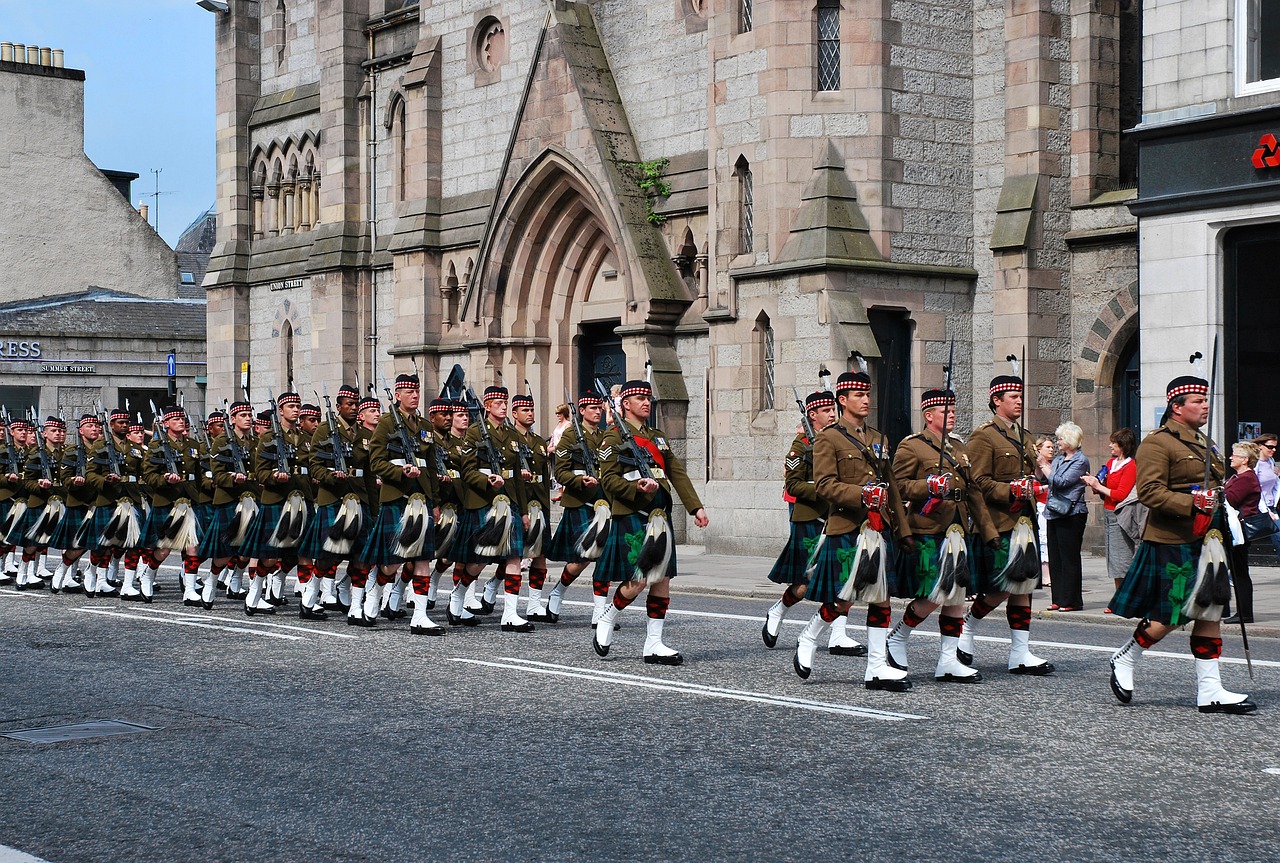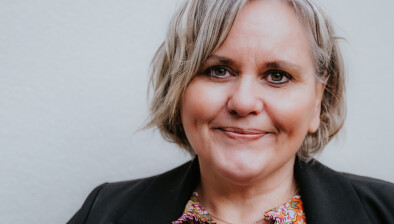Further progress required to prevent homelessness among Scotland’s veterans

An annual progress report into the Scottish Government’s work to improve support and services for Scotland’s veterans and their families has highlighted homelessness prevention as an area of concern.
Today’s report by the Scottish Veterans Commissioner (SVC) evaluates progress made against a number of recommendations made by the SVC office which the Scottish Government has committed to implementing.
The latest assessment identified notable successes across the areas of health and wellbeing, and employment, skills and learning. However, it also highlighted mental health and homelessness prevention as areas where further progress is required.
The Commissioner specifically raised concerns about the delivery of the Veterans Homelessness Prevention Pathway, which was published in early 2022.
Scottish Veterans Commissioner Susie Hamilton said: “The Veterans Homelessness Prevention Pathway was the result of important collaborative work led by the third sector, developed to help ensure that every veteran in Scotland has a safe place to call home. However, little has been achieved to date and progress in implementing this much needed pathway is slow, with no clear milestones or timelines provided.”
In its latest update on the issue, the Scottish Government said: “We know that the best way to end homelessness is to prevent it from happening in the first place. As stated in Equality, opportunity, community: New leadership – A fresh start (published 18 April 2023), by 2026 we will have delivered legislation on the new prevention of homelessness duties, subject to the agreement of parliament.
“We remain committed to developing and implementing prevention pathways for groups at particular risk of homelessness, in line with the Homelessness and Rough Sleeping Action Group (HARSAG) recommendations. To date, five prevention pathways have been developed including one for veterans. Due to capacity challenges, we are currently focusing on the prevention pathways for women and children experiencing domestic abuse and people leaving prison.
“With regards to recommendations 16 and 17 specifically within the pathway, we have already taken forward steps to suspend local connection in Scotland for everyone, which will also be to the benefit of veterans and their households. We are also currently working on changes to existing housing legislation to enable local authorities to provide support to households who are at risk of homelessness earlier. This follows the recommendations of the Prevention Review Group and will see the statutory timeframe for prevention of homelessness increased from two months to six months. As noted above, we have also established a Ministerial Oversight Group on Homelessness which will meet for the first time at the end of September.
“We have worked with the OVA on their veterans homelessness projects including Op Fortitude and their Veterans Capital Housing Fund to ensure Scotland’s interests are represented.”
Scottish Veterans Commissioner Susie Hamilton said: “This year’s report has shown some really encouraging progress, particularly in the area of health and wellbeing. The ongoing development of a new treatment pathway for the small number of veterans in Scotland who have experienced polytrauma addresses two recommendations made by the SVC office. This has the potential to transform the lives of the most seriously injured veterans.
“There has also been significant progress in developing an Armed Forces and Veterans General Practice Recognition Scheme to increase awareness in General Practices around the health and wellbeing implications of serving in and transitioning from the Armed Forces. The pilot scheme, which focused on training General Practice staff to better support and treat veterans and signpost them to veteran-specific support, was recently completed and preparations are now underway for a national rollout.
“For most Service leavers, GPs are the gatekeepers to wider healthcare services, so an improved understanding of veterans’ needs is a pivotal step towards ensuring they can access appropriate health and wellbeing services in a timely manner. Discussions about developing the scheme for secondary care environments are now taking place and I look forward to further updates on this.”
Of the 81 recommendations made to date, 35 have been achieved in full and 21 have been absorbed into subsequent recommendations. Commissioner Hamilton said she will continue to monitor progress against all outstanding recommendations through annual assessment.
The Commissioner added: “Providing scrutiny and supportive challenge to policy makers and those providing services to veterans is an important aspect of my role. It gives an independent and impactful picture of statutory support for veterans in Scotland, allowing us to celebrate successes and focus attention on areas where more effort is required.
“Veterans and their families can make hugely valuable contributions to workplaces and communities, however it’s important that we identify and address the issues and challenges they face – no veteran should face disadvantage as a result of their Service to their country.”







